Multidisciplinary programs include laboratory scientists, clinical investigators, providers of patient care, epidemiologists, and sociobehavioral scientists. Collaboration across disciplines ensures that insights gained in the lab can move quickly and effectively to cancer patients' bedsides and to cancer prevention and control programs. The following multidisciplinary research programs are supported by the National Cancer Institute Cancer Center Support Grant.
Breast Oncology
Program Leaders: Laura J. Esserman, MD, MBA; Laura J. van ‘t Veer, PhD; Andrei Goga, MD, PhD
Education and Training Liaison: Nicolas Prionas, MD, PhD
Community Engagement Liaison: Kimberly Badal, PhD
Cancer Control
Program Leaders: Scarlett Lin-Gomez, MPH, PhD; Pamela Ling, MD; Tung T. Nguyen, MD
Education and Training Liaison: Gideon St. Helen, PhD
Community Engagement Liaison: Sorbarikor Piawah, MD
Cancer Immunology & Immunotherapy
Program Leaders: Thomas G. Martin, MD; Bridget Keenan, MD, PhD
Education and Training Liaison: Hilde Schjerven, PhD
Community Engagement Liaison: Katy Tsai, MD
Molecular Oncology
Program Leaders: Charles S. Craik, PhD; Pamela Munster, MD; Catherine Smith, MD
Education and Training Liaison: Michael Cheng, MD
Community Engagement Liaison: Katherine Fuh, MD, PhD
Neurologic Oncology
Program Leaders: Nicholas Butowski, MD; Susan M. Chang, MD; Manish Aghi, MD, PhD
Education and Training Liaison: Nancy Ann Oberheim Bush, MD, PhD
Community Engagement Liaison: Jennie Taylor, MD
Pediatric Malignancies
Program Leaders: Sabine Mueller, MD, PhD; Alejandro Sweet-Cordero, MD; William A. Weiss, MD, PhD
Education and Training Liaison: Christine Higham, MD
Community Engagement Liaison: Lena Winestone, MD
Prostate Cancer
Program Leaders: Matthew Cooperberg, MD, MPH; Eric J. Small, MD
Education and Training Liaison: Sima Porten, MD, MPH
Community Engagement Liaison: Samuel Washington III, MD, MAS
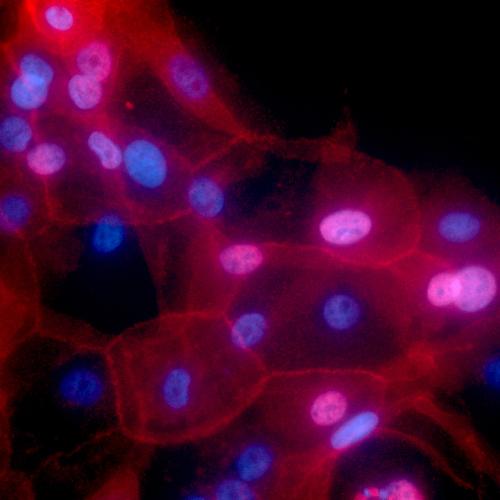
Breast Oncology

Cancer Control
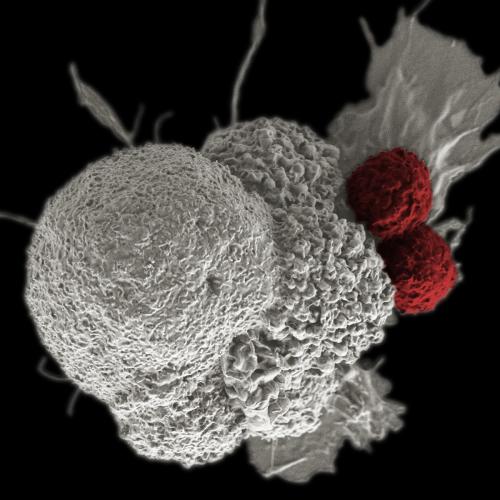
Cancer Immunology & Immunotherapy
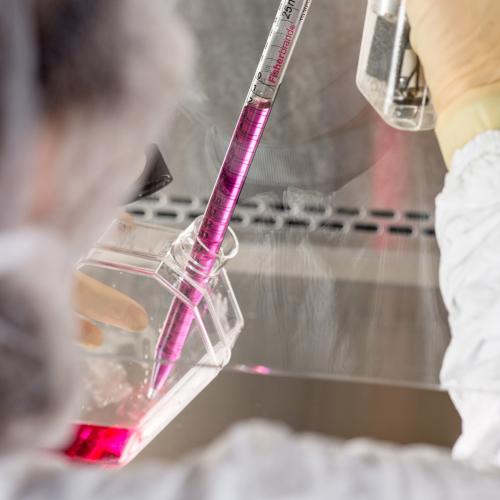
Molecular Oncology
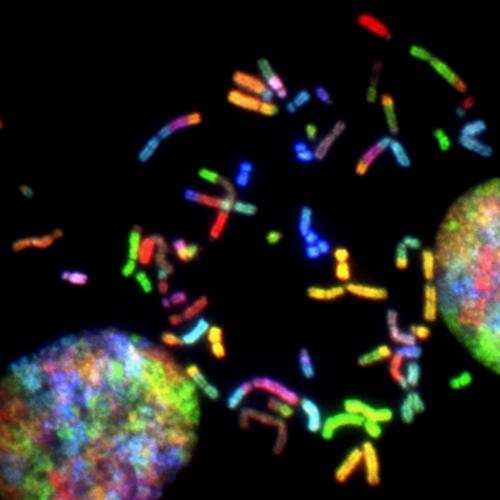
Neurologic Oncology
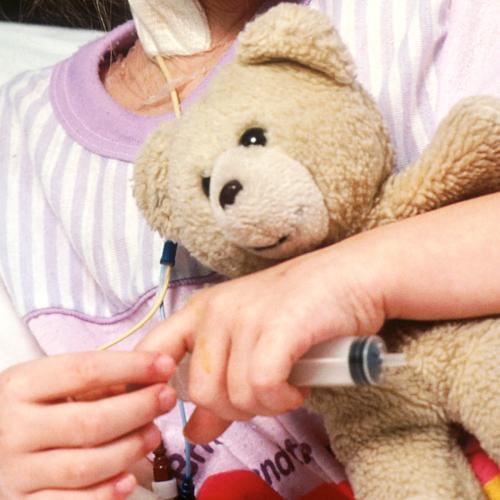
Pediatric Malignancies
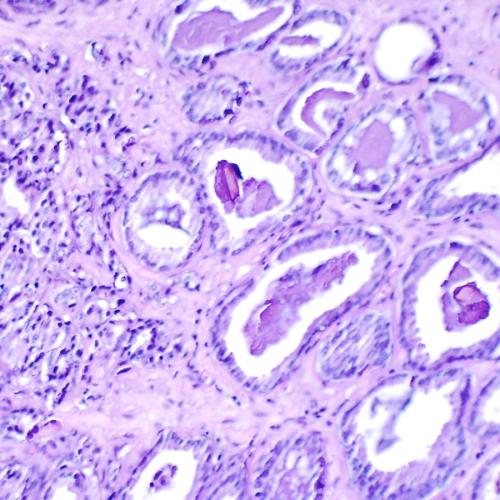
Prostate Cancer
Images courtesy of the National Cancer Institute/ NCI Cancer Closeup Collection